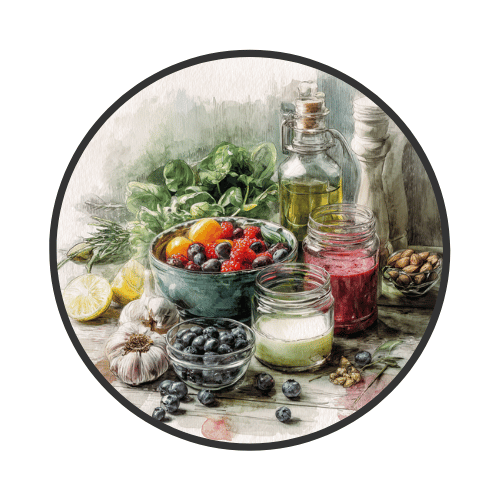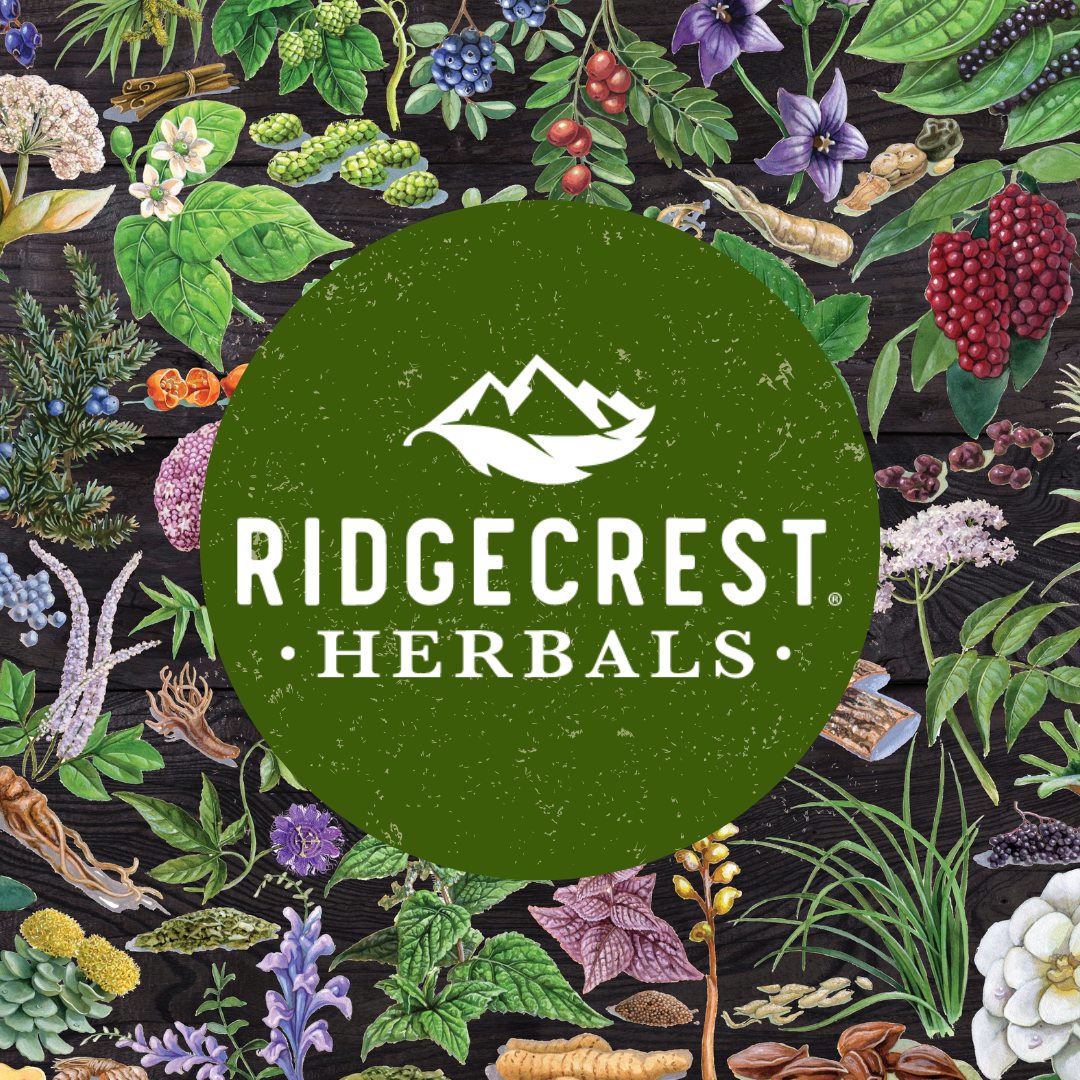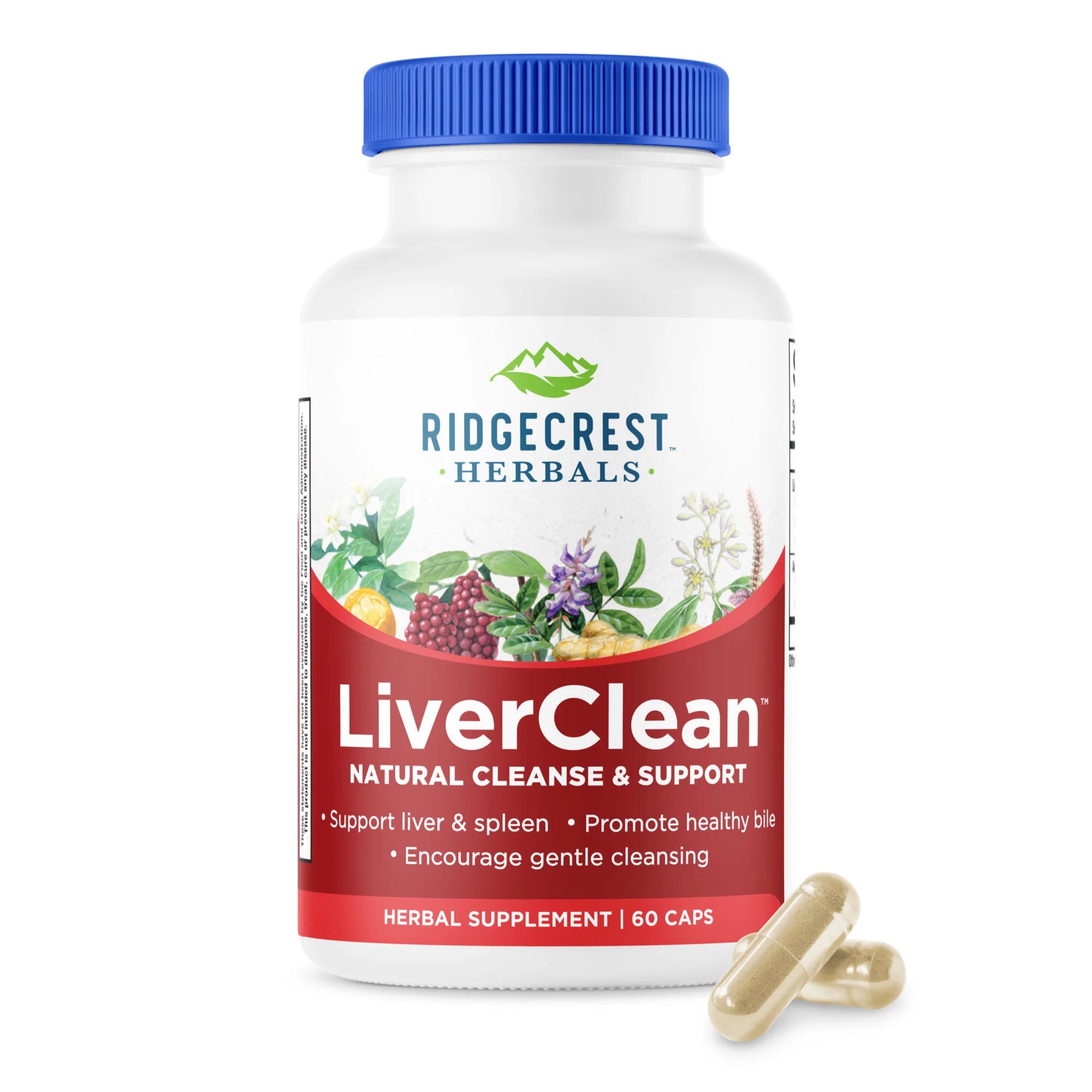Feeding Your Liver Right: A Deep Dive into Liver-Supportive Nutrition
Your liver is a vital organ that plays a crucial role in numerous essential processes, which help maintain your body’s overall health. Proper nutrition can support the liver’s natural functions by providing key nutrients that help maintain cellular health, support metabolism, and promote normal detoxification processes.
Let’s explore foods and micronutrients that can support your liver’s health and contribute to your overall wellness.
Nutrient-Rich Foods That Support Liver Health
Complete Lean Protein
Including lean protein sources in your diet is important because complete proteins provide amino acids, which are the building blocks your body uses to maintain and repair tissues, including those in your liver. Choosing a variety of protein options helps ensure you get a broad range of these essential nutrients. Some examples of lean and plant-based protein sources for liver nutrition include:
- Poultry: Skinless chicken breast, turkey
- Legumes: Lentils, chickpeas, black beans, kidney beans
- Complete Plant-Based Proteins: Quinoa, tofu, tempeh, edamame, buckwheat
-
Other Lean Options: Fish like cod or tilapia, low-fat dairy such as Greek yogurt or cottage cheese
Incorporating these proteins regularly supports your liver’s natural ability to maintain healthy tissue and perform its vital functions.
Fruits and Vegetables
A diet rich in colorful fruits and vegetables provides a variety of antioxidants and phytochemicals, natural compounds that help protect your liver cells and support normal metabolic processes. Including a wide range of these foods ensures your liver receives the nutrients it needs to function well. Some great options to include are:
- Citrus fruits: Grapefruit, oranges
- Berries: Blueberries, cranberries, grapes
- Unique fruits: Prickly pear
- Leafy greens: Spinach, kale
- Aromatic vegetables: Garlic, ginger
- Root vegetables: Beets
-
Cruciferous vegetables: Broccoli, Brussels sprouts, cauliflower
These colorful foods offer diverse nutrients that work together to maintain cellular health and support your body’s natural metabolic balance.
Nuts & Seeds
Nuts and seeds provide healthy fats, fiber, and important micronutrients that support overall cell health and contribute to the body’s normal inflammatory responses. Including a variety of these in your diet can help maintain healthy cell membranes and support digestive health. Some examples are:
- Nuts: Almonds, walnuts, pistachios
- Seeds: Chia seeds, flax seeds, pumpkin seeds, sunflower seeds
-
Key nutrients: Vitamin E, magnesium, and fiber
These nutrients play a supportive role in maintaining cellular integrity and promoting balanced inflammatory processes in the body.
Fatty Fish & Olive Oil
Sources of omega-3 fatty acids and healthy fats provide nutrients that support healthy cell function and contribute to the body’s normal inflammatory processes. Including these foods regularly can help maintain overall cellular health and support metabolic balance. Examples include:
- Fatty fish: Salmon, mackerel, sardines, trout
- Healthy oils: Extra virgin olive oil, avocado oil
-
Other sources: Walnuts, flax seeds (also rich in omega-3s)
These healthy fats supply essential nutrients that help maintain cell membrane integrity and support balanced inflammatory responses.
Whole Grains
Organic oatmeal and other whole grains provide dietary fiber, which supports healthy digestion and contributes to normal elimination processes. Including these foods in your diet can help maintain digestive comfort and support overall digestive health. Some examples are:
- Whole grains: Organic oatmeal, quinoa, brown rice, barley, whole wheat
-
Fiber benefits: Supports regular bowel movements and promotes a healthy gut environment
Fiber from whole grains helps the digestive system function smoothly, which in turn supports your body’s natural ability to eliminate waste efficiently.
Coffee & Green Tea
Moderate consumption of coffee and green tea provides compounds that support normal liver enzyme activity and contribute to the body’s antioxidant defenses. Including these beverages as part of a balanced diet may help support liver function. Examples include:
- Coffee: Regular or decaffeinated, consumed in moderation
-
Green tea: Rich in antioxidants called catechins
These beverages contain antioxidants that help support the body’s natural ability to protect cells from oxidative stress and support healthy metabolic processes.
You might wonder: I thought caffeine was bad for the liver, so why are coffee and green tea okay?
While excessive caffeine intake can put extra stress on the liver and disrupt sleep, moderate consumption of coffee and green tea provides beneficial antioxidants that support liver health. The key is moderation; enjoying these drinks in reasonable amounts allows you to benefit from their antioxidant properties without overwhelming your liver.
Important Micronutrients for Liver Support
- Vitamin A: Supports normal cell growth and maintenance.
- Vitamin C and E: Act as antioxidants, supporting the protection of cells from oxidative stress.
- B Vitamins (including B6, B12, and folate): Support energy metabolism and normal homocysteine levels.
- Vitamin D and K: Support immune system function and normal blood clotting.
- Choline: Supports healthy fat metabolism.
- N-Acetyl-Cysteine (NAC): Supports the body’s production of glutathione, a key antioxidant.
- Selenium and Zinc: Contribute to antioxidant enzyme functions and immune health.
- L-Glutamine: Supports digestive and immune health.
- Glutathione: A critical antioxidant that supports cellular health and natural detoxification processes.
When selecting vitamin supplements, it's essential to consider the form in which they come in. For example, methylcobalamin is the bioactive form of vitamin B12 that the body can use directly. In contrast, cyanocobalamin is a synthetic form that the liver must convert before it can be used. Choosing the methylated or natural form may help reduce the liver’s workload and support more efficient nutrient utilization.
In general, naturally derived or bioavailable vitamins tend to be easier for the body to recognize and absorb. At the same time, synthetic versions may require additional metabolic steps, some of which involve liver enzymes. Over time, this can accumulate, especially if liver function is already under strain. Supporting your liver with well-absorbed nutrients helps maintain its normal detoxification and metabolic roles more efficiently.
Supporting Healthy Lifestyle Choices for Liver Wellness
-
Maintaining hydration supports normal bodily functions, including the transport of nutrients and the elimination of waste.
-
Choosing healthy fats while limiting trans fats and excessive saturated fats can help maintain a normal metabolic balance.
-
Consuming a balanced diet with limited processed foods and added sugars supports overall wellness.
Herbs as Nutrition for Liver Support
Herbs aren’t just for teas and tinctures; they’re rich in nutrients and plant compounds that can complement your diet and support your liver’s natural functions. Many traditional herbs offer antioxidant, bitter, or adaptogenic properties that nourish the liver and support digestion and metabolism.
Here are a few liver-friendly herbs and simple ways to include them in your routine:
- Milk Thistle: Contains silymarin, a well-known antioxidant that supports liver cell health.
-
How to use it: Add ground milk thistle seeds to smoothies or oatmeal, or take in capsule form.
- Dandelion Root: Traditionally used to support digestion and bile flow.
-
How to use it: Brew as a roasted dandelion root tea or mix powdered root into a warm beverage.
- Turmeric: Rich in curcumin, which supports the body’s natural inflammatory response.
-
How to use it: Stir into golden milk, sprinkle on roasted vegetables, add it to curries, or blend into smoothies.
- Schisandra Berry: An adaptogenic herb that supports the body’s response to stress and helps maintain normal liver enzyme activity.
-
How to use it: Mix schisandra berry powder into smoothies, herbal tea blends, or energy balls.
- Artichoke Leaf: Traditionally used to support fat digestion and bile production.
-
How to use it: Take as a tea or in capsule form before meals to support digestion.
- Ginger: Supports digestion and offers antioxidant activity.
-
How to use it: Grate fresh ginger into stir-fries, soups, or teas, or blend into juices.
- Licorice Root: Contains compounds that support the body’s natural defenses against oxidative stress.
-
How to use it: Enjoy as a naturally sweet herbal tea or use in small amounts in herbal blends.
These gentle herbal additions can be a flavorful, supportive part of your daily wellness routine. As always, be mindful of dosage and consult a healthcare provider if you’re taking medications or have underlying conditions.
Final Thoughts
Incorporating a variety of nutrient-rich foods alongside supportive lifestyle habits, like staying active, managing stress, getting restful sleep, and staying hydrated, can go a long way in supporting your liver’s natural functions. Your liver is constantly working behind the scenes to assist with digestion, metabolism, nutrient storage, and internal balance, and it performs these tasks more efficiently when it’s nourished and not overburdened.
By making thoughtful, consistent choices about what you eat and how you care for your body, you're giving your liver the tools it needs to function optimally. This holistic, proactive approach not only supports liver health but also contributes to your overall energy, clarity, and well-being, helping you feel more balanced and resilient each day.





Leave a comment
All comments are moderated before being published.
This site is protected by hCaptcha and the hCaptcha Privacy Policy and Terms of Service apply.